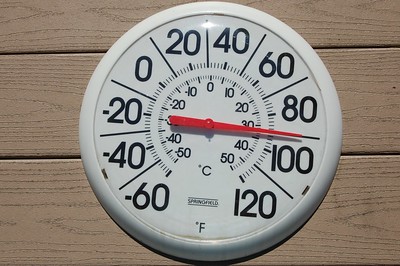WASHINGTON, April 21 (Xinhua) — The arrival of spring in the Northern Hemisphere has raised hope that warmer weather might slow or even stop the COVID-19 epidemic. However, a leading expert told Xinhua on Tuesday that it might be premature to count on higher temperatures to control COVID-19.
“Currently there is no solid data around the world supporting the conclusion that a warmer climate can alleviate COVID-19,” said Yifang Zhu, associate dean and professor of environmental health at the School of Public Health, University of California, Los Angeles.
The evidence for the association of temperature or UV radiation with COVID-19 transmission is very limited, Zhu said.
There is a possibility that the epidemic might ease when the climate gets warmer, but it is very difficult to predict due to the lack of research data, she told Xinhua.
In a study on the impact of meteorological factors on COVID-19 transmission, published earlier this month in the journal European Respiratory, researchers found ambient temperature has no significant impact on the transmission ability of SARS-CoV-2, the virus that causes COVID-19.
Previous results on respiratory-borne infectious diseases indicated that both SARS and influenza need to survive under certain temperature conditions, and increasing temperature can reduce the ability of SARS virus and influenza virus to spread.
However, the study by Chinese researchers at Fudan University showed cumulative incidence rate and R0 — the expected number of secondary cases generated by an initial infectious individual — of COVID-19, held no significant associations with ambient temperature. It suggested that ambient temperature has no significant impact on the transmission ability of SARS-CoV-2.
The study had limitations, including lack of a whole meteorological pattern associated with transmissibility of COVID-19, and other city-level factors such as control policies, urbanization rate and availability of medical resources, which may affect the transmissibility of COVID-19, the researchers acknowledged.
“One should not assume that we are going to be rescued by a change in the weather. You must assume that the virus will continue to do its thing,” said Anthony Fauci, director of the U.S. National Institute of Allergy and Infectious Disease.
A report released earlier this month by the U.S. National Academies of Sciences suggested that while much about the virus remains unknown, summer temperatures probably will not do much to dampen the spread of the virus.
Studies published so far have conflicting results regarding potential seasonal effects, and are hampered by poor data quality, confounding factors and insufficient time since the beginning of the pandemic from which to draw conclusions, said the report.
Oringally published at http://www.xinhuanet.com/english/2020-04/22/c_138996853.htm
Photo by Conservation Law Foundation.

